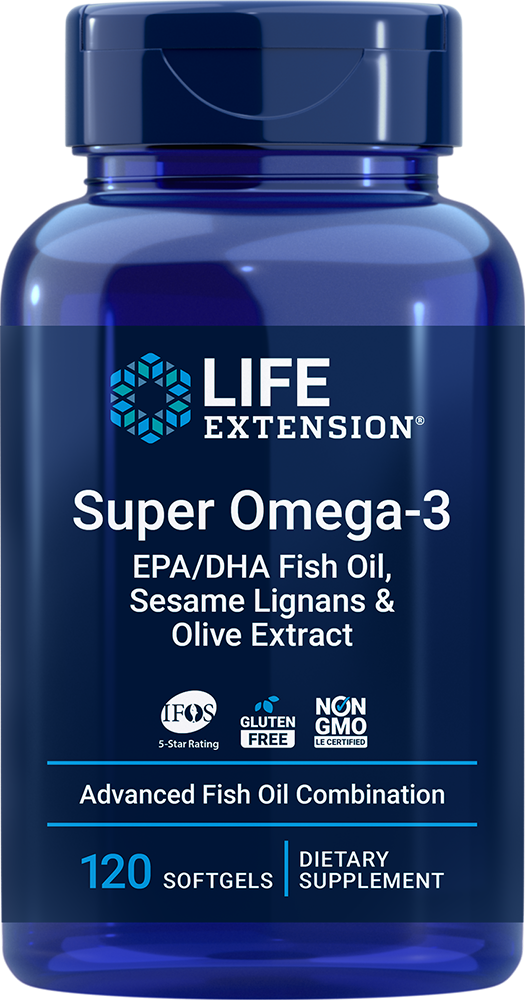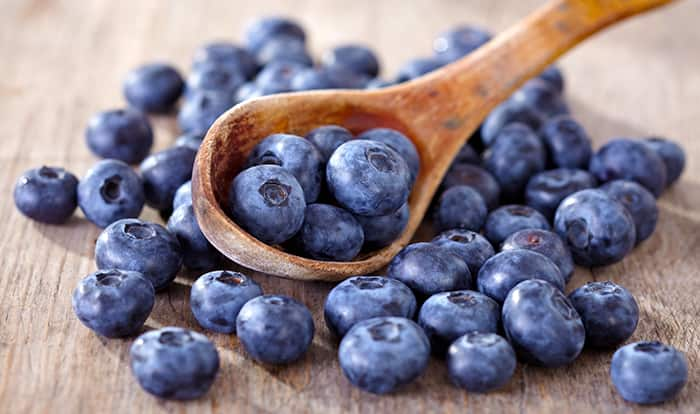Tuesday, March 21, 2017
A randomized, double-blind, placebo-controlled trial reported on February 21, 2017 in Nutritional Neuroscience revealed increased neural response in older men and women with mild cognitive impairment (MCI) who supplemented with freeze-dried blueberry powder for 16 weeks.
Mild cognitive impairment is a condition in which cognitive function has declined to a level that is inferior to that which has been attributed to "normal" aging. The condition is associated with a significantly greater risk of developing dementia, including Alzheimer's disease, for which no drug treatments have yet been found to be effective.
Participants between the ages of 68 to 92 years with mild cognitive impairment who did not have dementia or other neurologic conditions received a placebo powder or a powder that provided the equivalent of 1/2 cup whole blueberry fruit to be taken twice daily for 16 weeks. Functional magnetic resonance imaging (fMRI) administered during a task involving working memory was conducted before and after the treatment period to evaluate changes in regional brain activation.
Compared to fMRI results at the beginning of the study, participants whose diets were supplemented with blueberry powder had significant increases in blood oxygen level-dependent signal in three regions of the brain after treatment, while the placebo group experienced a small region of decreased activation. Those who received blueberry also experienced improvement in one aspect of memory accuracy. The authors remark that the findings support the hypothesis that flavonoid compounds such as those found in blueberries contribute to improved vascular function.
"These data demonstrate, for the first time, enhanced neural response during working memory challenge in blueberry-treated older adults with cognitive decline and are consistent with prior trials showing neurocognitive benefit with blueberry supplementation in this at-risk population," authors Erin L. Boespflug and colleagues announce. "These data extend findings from basic neuroscience studies and the extant human trials implicating flavonoid-rich berry fruits as potential agents in ameliorating age-related cognitive decline. These trials indicate that nutritional approaches such as blueberry supplementation may induce beneficial effects for brain function and cognitive behavior."
"In the absence of effective pharmacotherapy, such nutritional approaches may be of particular value for aging adults with risk for late-life dementia such as Alzheimer’s disease," they conclude.













